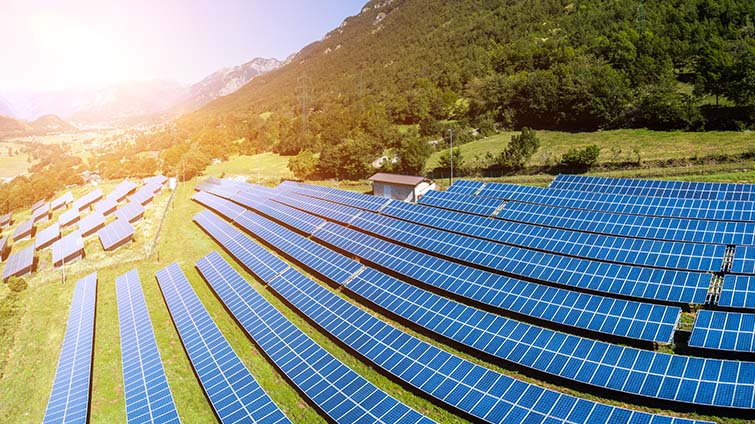Navigating policy shifts & tariffs in the energy sector

The energy industry, both oil and gas along with renewables, is experiencing significant transformation, influenced by evolving government policies and global trade dynamics.
Renewable energy update
Looming tariffs on Southeast Asian solar panel imports
Following an anti-dumping/countervailing duty investigation initiated by the Biden Administration, the U.S. Commerce Department has announced plans to impose substantial tariffs, potentially reaching upwards of 3,500%, on solar panel imports from several Southeast Asian countries. This development is poised to significantly alter the cost structure and import dynamics within the solar energy market.
Impact of rising Chinese tariffs on renewable energy technology
The increase in tariffs on goods from China is also affecting numerous components crucial for the production of renewable energy technology. While the renewable energy sector has demonstrated resilience through many disruptions in the past, escalating tariffs are expected to impact costs and reshape existing supply chain networks.
Slowdown in U.S. clean energy manufacturing
Domestic clean energy technology manufacturing in the United States has slowed, largely attributed to government funding freezes and calls for the repeal of portions of the Inflation Reduction Act and associated tax credits. While previously growing, the U.S. manufacturing capacity lags well behind China’s capacity and represents a small portion of overall U.S. demand.
This uncertainty has caused delays or pauses in planned electric vehicle (EV) battery manufacturing facilities, including a $1.2 billion lithium-ion factory in Arizona. Across the broader clean energy landscape, a total of $7.7 billion in projects has been cancelled in the first quarter of 2025, signaling a cautious investment environment.
The new clean energy projects announced in January 2025 totaled approximately $175 million, a stark contrast to the average monthly rate of $1 billion observed over the last three years. This significant decrease underscores the impact of policy uncertainty and tariff concerns.
Oil & gas update
Current global tariffs are also exerting influence on the oil industry, driving up prices. The implementation of protectionist policies by various countries, through tariffs on crude oil, refined petroleum products, and energy infrastructure products, is generating worldwide economic ripple effects.
Tariffs are influencing oil pricing amid recession concerns
Tariffs are influencing oil pricing, particularly as the risk of an economic recession increases. Analysts at S&P Global Market Intelligence predict global oil demand growth could be cut by 500,000 barrels per day, reflecting the interconnectedness of trade policies and energy markets.